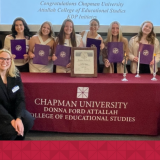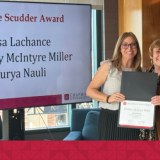
The Power and Potential of Nonprofits at Home and Abroad A Look at IES 315
March 5, 2018
The American Red Cross, UNICEF, the ACLU. Every day in the news, one can see the impact of nongovernmental organizations (NGOs) throughout the world—from tackling social and civil rights issues to assisting with redevelopment. But what roles do nonprofit groups play in our lives here at Chapman, and why are they important to our work in education?
 To help students explore the nonprofit sector and better understand its connections to our society, Dr. Jorge Rodriguez, a professor in the Attallah College of Educational Studies, taught a course over interterm entitled “IES 315: Non-Governmental Organizations: Policy and Practice.” Through research, guest speakers, and field trips, Dr. Rodriguez’s class examined the realities and potentials of nonprofit organizations to help change communities.
To help students explore the nonprofit sector and better understand its connections to our society, Dr. Jorge Rodriguez, a professor in the Attallah College of Educational Studies, taught a course over interterm entitled “IES 315: Non-Governmental Organizations: Policy and Practice.” Through research, guest speakers, and field trips, Dr. Rodriguez’s class examined the realities and potentials of nonprofit organizations to help change communities.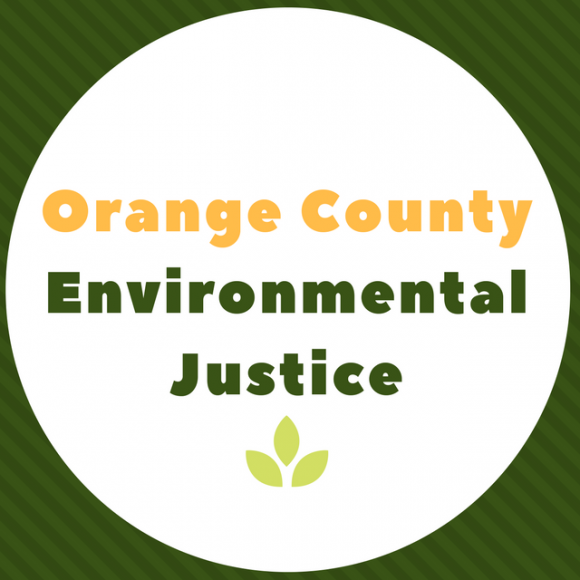
Dr. Rodriguez explained that a variety of themes are covered in the course, including the origins of the nonprofit sector/industrial complex, its relation to markets and global organizing, and the reexamination of the structure and context of nonprofits. Analyzing the nonprofit sector from an “economic-based lens, a political-based lens, and a culturally based lens” helps students to critically examine the “benefits, realities, and limitations” of these organizations.
Students gained new research and analytical skills through this course, such as the use of a “nonprofit conceptual map,” which gave students the opportunity to conduct hands-on research on various organizations.
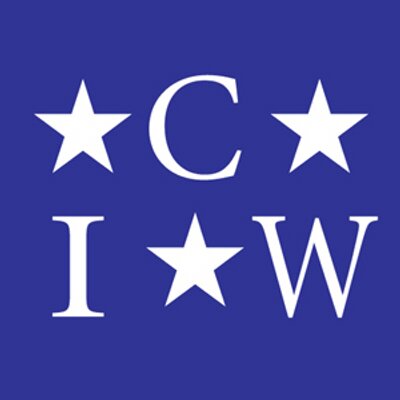 “Students have the opportunity to pick two organizations that match their interests in the community-based setting, and they go out and do fieldwork with these organizations,” Dr. Rodriguez explained.
“Students have the opportunity to pick two organizations that match their interests in the community-based setting, and they go out and do fieldwork with these organizations,” Dr. Rodriguez explained.
Based on the students’ observations and interviews with administrators and volunteers, they presented and wove together their findings through creative outlets such as blogs, newsletters, Facebook and Instagram pages, and even mini documentaries.
To bring home the impact of the course closer, students were also introduced to local nonprofits in Orange County through guest speakers and field trips. Some organizations that spoke to the class—via Skype or in person—included the Orange County Environmental Justice organization, the Blind Children’s Learning Center, and the Coalition of Immokalee Workers (CIW). For Dr. Rodriguez, one of the highlights of the course was taking the class on a field trip to Concern America, a nonprofit group in Santa Ana that works primarily with international-based communities. He expressed great respect for the organization and its “ask-first” approach toward serving the community.
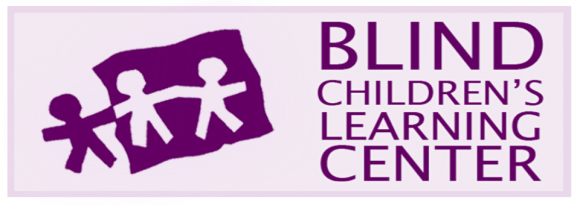 In the future, Dr. Rodriguez hopes to evolve the class into a travel course, taking the class to different nonprofits that correlate with the key themes of the course. However, he hopes that through his interterm class, students gained a more holistic and grounded understanding of nonprofits and acquired the skills needed in community-based settings. Dr. Rodriguez believes that while we must understand the limitations of nonprofits, it is also important to recognize their growing potential and the transformative impact they can have on our society.
In the future, Dr. Rodriguez hopes to evolve the class into a travel course, taking the class to different nonprofits that correlate with the key themes of the course. However, he hopes that through his interterm class, students gained a more holistic and grounded understanding of nonprofits and acquired the skills needed in community-based settings. Dr. Rodriguez believes that while we must understand the limitations of nonprofits, it is also important to recognize their growing potential and the transformative impact they can have on our society.
Excerpt from the Attallah College Undergraduate Student Newsletter.
